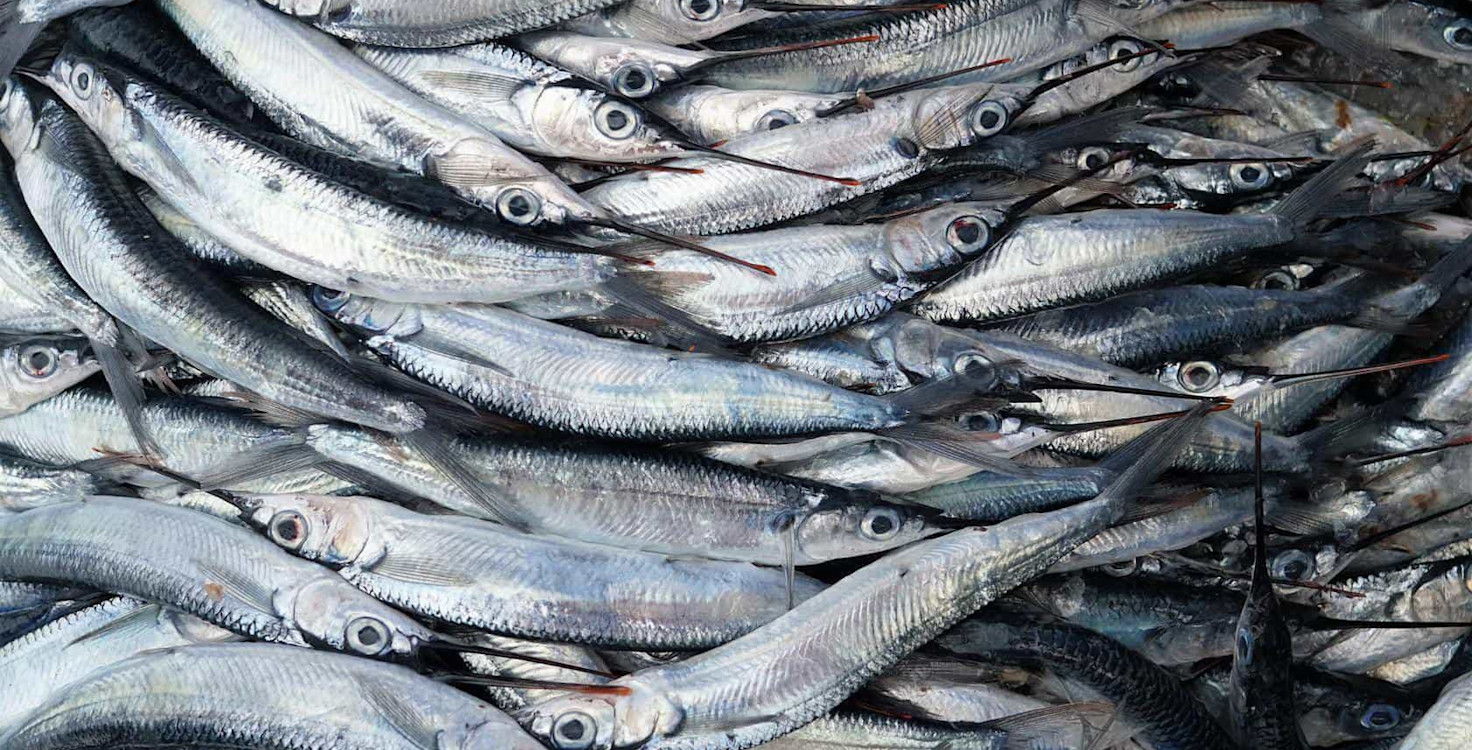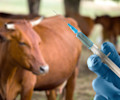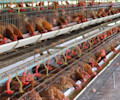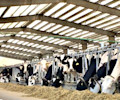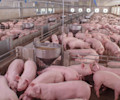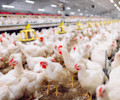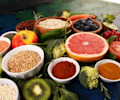Major report from $12 trillion-backed FAIRR investor network, warns that risks such as climate change, unstable feed supply and antibiotic resistance could sink fast-growing fish farming sector.
Last month’s price fixing scandal in Norwegian salmon farming highlighted as example of governance issues facing the sector.
Report, launched on World Environment Day, highlights investment opportunities in sustainable innovations such as alternative feeds and use of probiotics to protect fish health.
(05 June 2019, London). A new report for investors warns that growth in the $232 billion global aquaculture, or fish farming, sector could be undermined by a failure to manage environmental, social and governance (ESG) risks. These include climate change, a dependence on wild fish stocks for feed, excessive use of antibiotics and poor governance. The report also highlights the rising investment opportunities in areas such as fish health innovations and alternative feeds.
The report, ‘Shallow returns?’, is produced by FAIRR, a network backed by investors managing over $12 trillion of assets, including Aviva Investors, CANDRIAM, DNB Asset Management and Norwegian pension group KLP.
The report highlights average annual growth in the aquaculture sector of almost 6%, and finds that fish farming has overtaken wild fishing as the main provider of seafood on our plates since 2014. However, it warns that much of the growth is based on more intensive, high-density farming that is associated with ESG risks including:
Climate change: The sector is both a significant contributor to climate change and is highly exposed to its impacts. Farmed marine fish production in Southeast Asia, one of the world’s biggest aquaculture regions, is expected to drop up to 30% by 2050 due to rising sea temperatures and ocean acidification.
Algal blooms: Norway is currently suffering from its worst algal bloom in 30 years, which has killed an estimated 8 million salmon so far. Chile has also suffered from algal blooms in the past. In 2016, harmful algae caused an estimated $800 million in damage to the Chilean salmon industry when they killed nearly 27 million fish – around 20% of the country’s salmon production that year.
Antibiotics: In some regions, aquaculture companies rely on excessive use of antibiotics to maintain production, leaving the sector highly exposed to global efforts to fight antibiotic resistance. Chilean salmon production, for example, is estimated to use antibiotic doses up to ten times higher than typically used in chicken production.<br />Fish feed supply: Farmed salmon and shrimp require fishmeal and fish oil in their diets, making the sector highly dependent on rapidly-depleting wild fish stocks for future growth. According to the report, the numbers do not add up. If we are to expand aquaculture production to meet global demand, probably doubling it by 2050, then this will put considerable pressure on global fish stocks.
Governance falling short: Only last month, class-action lawsuit was filed in the US accusing major players in Norway’s farmed salmon industry of price fixing, and the report argues that this allegation is symptomatic of a wider lack of transparency in the sector.
Other risks highlighted by the report include the level of effluents and waste flowing from aquaculture production systems to the wider environment; the millions of fish escaping fish farms and mixing with native marine populations; and the intensifying battle against fish diseases such as sea lice. According to the World Bank diseases alone cost the sector $6 billion per annum.
The report also highlights emerging management practices and innovations in the sector to help meet these ESG challenges. These include:
the use of probiotics to reduce antibiotic use;
the use of alternatives to fishmeal including feed made from bacteria, algae and insects; and
innovative start-ups emulating fish products using only plant-based ingredients
Plant-based innovators include companies such as: Sophie’s Kitchen; Good Catch Foods; and Quorn Foods. The report also considers the use of cellular agriculture to produce seafood from cells.
Maria Lettini, Director of FAIRR:
“Investors should be aware of the sustainability risks in the aquaculture sector before they wade in too deeply. From effluents to emissions, this sector must address significant environmental and public health challenges if it is to prosper over the long-term. There are clear steps which must be taken to manage these risks. For example, aquaculture operations should be certified against global standards that meet FAO guidelines. The market should also consider greater cultivation of species that remove marine pollution rather than contribute to it – such as mussels and oysters. In addition, farming these species brings minimal animal welfare concerns and does not require fishmeal-based feed.
“Investors have been watching the aquaculture sector with growing interest and are closely following the development of many potentially game-changing innovations such as advanced production systems and alternative feed ingredients. These innovations could disrupt the aquaculture sector if they succeed in addressing the sector’s critical sustainability challenges.”
“It’s fitting that this report launches on World Environment Day as few investors realise either the contribution of aquaculture to climate change, nor the threats the sector faces due to climate impacts such as rising sea temperatures.”
Marte Siri Storakers, Advisor – Responsible investments, KLP:
“The aquaculture industry has a compelling growth story to tell. Average seafood consumption per head has effectively doubled since the 1960s and aquaculture now provides more seafood than fisheries. But investors and business operators need to ensure that any future growth is sustainable and does not endanger either the environment or human health.”
Solange Le Jeune, Senior ESG analyst at CANDRIAM:
“Farmed fish is commonly cited as a sustainable alternative to meat, but this report makes clear the wide range of material ESG issues that the sector faces. Just one example is the continued failure to manage antibiotic use. Antibiotic resistance is on the rise globally and responsible for an estimated 33,000 annual deaths in Europe alone. Yet parts of the aquaculture sector have some of the highest antimicrobial use in food production. It’s critical that the world’s major fish producers recognise ESG issues like antibiotics as business risks and take urgent steps to address them.”
Amelia Overd, Executive, Investment Management, Castlefield Investment Partners:
“As the global population grows, fish farming has an important role to play in meeting rising demand for protein and providing sustainable jobs. However, it is important for investors to be aware of the risks involved and the impact aquaculture companies can have on marine and coastal ecosystems as well as the wide range of stakeholders. Investment and innovation are needed within the industry to reduce its reliance on wild fish stocks and improve environmental practices through technology – or companies face the risk of losing their social license to operate.”
Janicke Scheele, Head of Responsible Investments at DNB Asset Management:
“This report demonstrates the many sustainability issues facing the fast-growing global aquaculture industry. As long-term investors we want to ensure that the industry grows in a sustainable way. Although the Norwegian salmon farming industry represents a small part of the global industry, it is often considered leading on sustainability. However, there is still room for improvement. The salmon industry can, for example, find more sustainable sources of feed and continue the process of minimising its impacts on marine ecosystems. These are not only important sustainability factors – they relate to key financial considerations too.”
